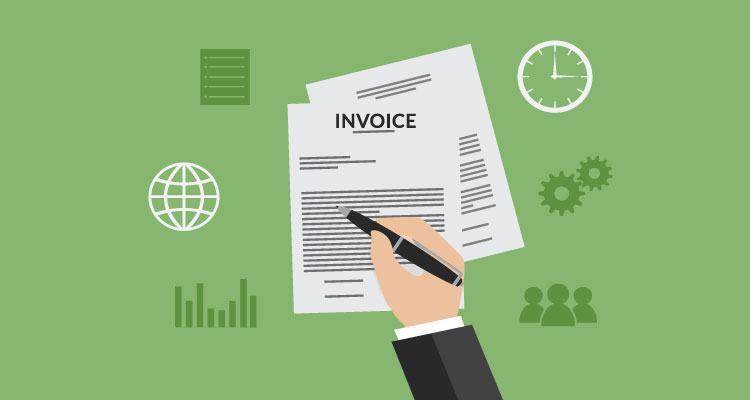When I first started freelance writing I had no idea what I was doing. Literally. I randomly submitted a guest post to a website for $5, and was thrilled it was accepted. I didn’t send an invoice until the client reminded me. Not exactly the move of a professional writer. How and when you invoice a client matters a lot when you are a professional.
That first client was a learning experience for me. It still took me about a year and a half to find an invoicing system that worked smoothly for me. Invoicing was my work Everest: it intimidated me, confused me, and I avoided it like the plague.
Do you want to grow your freelancing into a full-time job? Then you can’t avoid invoices forever. You especially can’t avoid it when it comes time for you to grow your brand and start doing bigger and better things.
Bottom line: how you invoice a client matters a whole bunch. Here’s how to make invoicing easy and convenient for the both of you.
Find a System You Like
You can invoice a client with a ton of different companies now. Some of them offer invoicing and payment services, and some of them just offer invoice templates. Pick the platform that works with your needs. Something like Due helps with both invoice templates and actually getting payments to your bank account. It’s a one stop shop. Paypal and Bill.com also offer the same services.
If you get paid mostly via check or cash, maybe all you need is a way to create invoices. If so, find a simpler service where you can create invoices only. Then email them off to clients.
Create Custom Invoices
‘Custom invoices’ is a phrase It sounds like a ton of work. What I really mean is that your invoices shouldn’t just be the generic template you find online. Put your company or personal personality into your invoices!
Create a logo and put that on the top of all your invoices. Feel free to add in touches of your brand’s colors as well. (Where appropriate- you still want this to look professional, not like an invite to a child’s birthday party.)
What you put in your invoice can vary, but generally, you want to have how much your client owes you, the due date, your contact information, and what work you completed.
Creating invoices with a personal touch will go a long way towards making you look more professional and being taken more seriously by your clients. Everyone is susceptible to quality branding, and your invoices should be part of that.
Dedicate Time to Your Invoice Process
Part of the reason I struggled with invoicing for so long was that I continuously failed to realize how much time I needed to invoice my clients. I thought of it as a 15-minute task, but it always required much more time than that.
Whether your invoice all your clients once a month, or do it on as an as-you-complete-work basis, set aside real time to invoice clients. You need to keep records yourself of who you invoice when you invoice them, and what work and amount of money you’re invoicing for. It’s more than just creating the invoice- it’s sending it, tracking it, and recording the payments. When you invoice a client, take the time to make sure all your information is correct and you have records of everything you need.
Failing to set aside enough time stressed me out every single month. I avoided invoicing and then I was upset when I didn’t have any money. Vicious cycle! Now I set aside two hours to do my invoice tracking at the end of the month, and I send bi-weekly invoices as I finish client work throughout the month. It makes a huge difference in both my invoice style and my stress levels.
Invoicing is a critical part of your business. It’s how you’re making your living, so you want it to be perfect. You also want it to be as easy as possible on your end of things. Having a clear, straightforward system is the way to go. Dedicate the time and energy you need to it, and have a system set up that you can easily follow.
















